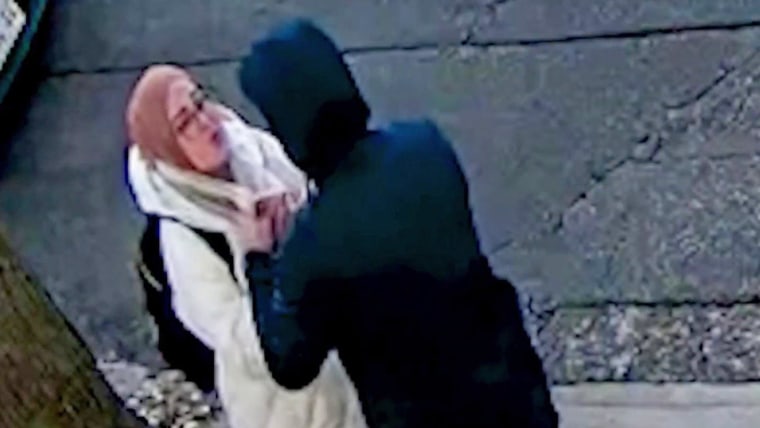A judge on Thursday denied the government’s request to pause the transfer of Tufts University student Rümeysa Öztürk, who is fighting deportation after writing an essay about Israel and the war in Gaza, back to Vermont.
U.S. District Judge William K. Sessions ruled that the federal government is now obligated to ensure that Ozturk, who is being held in Louisiana, be moved to Vermont by May 1. The decision comes after the Justice Department appealed Sessions’ previous order to transfer Ozturk to Vermont, where her habeas corpus petition challenging her detainment was filed. Federal officials had also asked the judge to pause the order from taking effect while on appeal.

Brett Max Kaufman, senior staff attorney for the American Civil Liberties Union, which represents Ozturk, criticized the government’s attempts to pause the student’s transfer.
“For four weeks, the government has been detaining Ms. Ozturk for writing an op-ed,” Kaufman said in a statement Thursday afternoon order. “And now, it is doing everything within its power to avoid having to justify what it has done, including filing a hail-mary appeal hoping to stop the district court from deciding her claims.”
Neither the DOJ, Department of Homeland Security nor Immigration and Customs Enforcement immediately responded to requests for comment.
In his order, the judge said that any delay of Ozturk’s transfer could prolong “the very detention that is at the heart of this case.”
Last week, Sessions ordered the administration to transfer Öztürk back to Vermont while her habeas petition plays out in federal court. Her deportation case in immigration court in Louisiana would also proceed while she is detained in Vermont.
The government appealed the order days later to the United States Court of Appeals for the Second Circuit, which has yet to weigh in. Soon after, Ozturk’s attorneys opposed the government’s request to pause the judge’s previous order.
“Only one party — Ms. Öztürk — would suffer any harm from a stay, and that harm is irreparable,” Ozturk’s attorneys wrote in court filings. “By contrast, the government suffers no harm at all by holding Ms. Öztürk in detention in Vermont instead of Louisiana and being compelled to justify her continued detention.”
Department of Homeland Security agents grabbed Öztürk, a doctoral student in the United States on a student visa, off a Massachusetts street in late March. DHS accused her of engaging “in activities in support of Hamas.”
Last year, Öztürk co-wrote an op-ed in the Tufts student newspaper that called on the school to “acknowledge the Palestinian genocide” and divest from companies with ties to Israel. The school has said that the essay did not violate its policies.
Öztürk was moved to three locations, including Vermont, before she ended up in Louisiana, despite an order from a district court that said she could not be moved out of Massachusetts without notice.
“For nearly 24 hours, Ms. Öztürk’s attorney was unable to locate her,” the ACLU said in a news release.
Facilities in rural Louisiana have been the subject of human rights criticisms, and immigration advocates say the Trump administration has sent students to a jurisdiction that is more aligned with its immigration goals.
“They’re being placed in facilities that have pretty horrendous conditions, a lot of difficulties with access to counsel and in what is really a more hostile legal jurisdiction to fight their case for the right to remain in the United States,” Mary Yanik, the director of the Immigrant Rights Clinic at Tulane Law School in New Orleans, previously told NBC News.
On Tuesday, a congressional delegation led by Rep. Troy Carter, D-La., visited ICE facilities in Louisiana. The members met with Öztürk and Columbia University student Mahmoud Khalil, a pro-Palestinian activist and green-card holder who was arrested and detained in early March.
“From our communications with these individuals, they’re frightened, they’re concerned. They want to go home,” Carter told reporters after the visit. “They’re happy to see that members of Congress are here to listen, to take good notes, to go back to Washington to ensure that due process is granted, health care is provided and fairness is the rule of day.”








